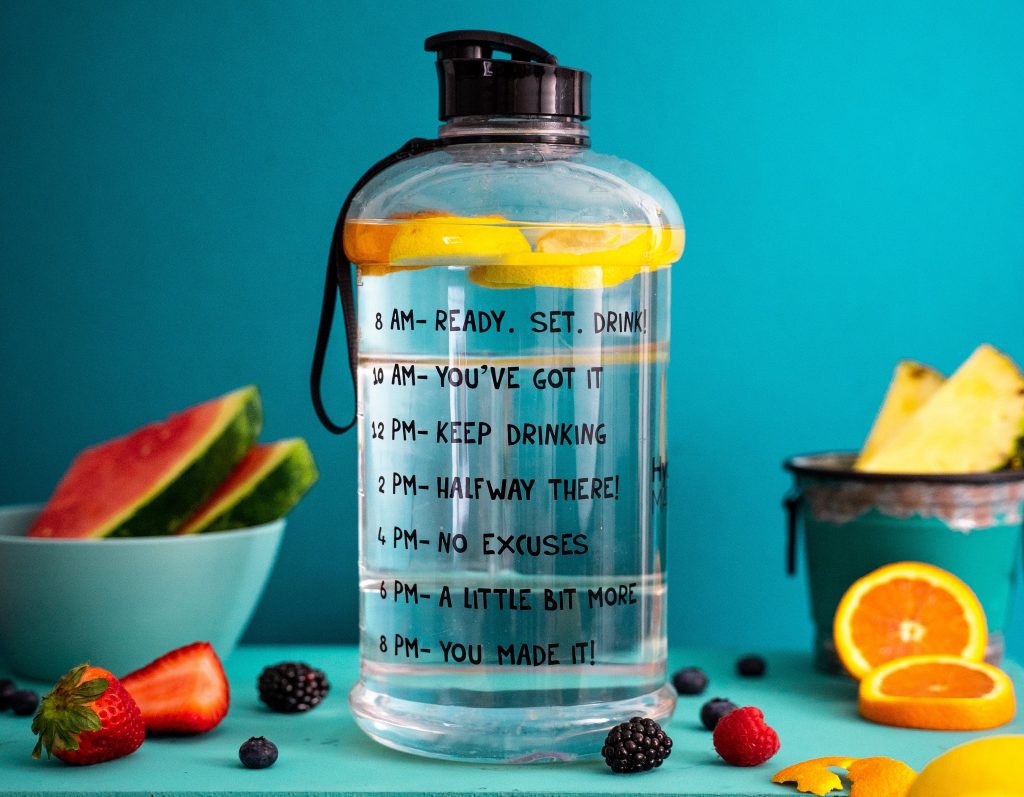Being seasick is hands down the one thing that can ruin your best time on a boat. Along with the side effects of jet lag, it’s one of the body reactions travelers from around the world fear the most. Understandably so. Whether you’re cruising around or sailing, this type of motion sickness includes some grueling side effects which can quite simply deter you from embarking on a fun-filled adventure. Whether you’re wondering how to get rid of nausea or if a motion sickness patch is actually useful, find the answers you need about seasickness right here!
What is seasickness?
The first thing you should know is that seasickness is a type of motion sickness. As such, what happens inside your body when you get seasick is the same thing that happens when you get motion sickness from riding a bus for long hours. Basically, your inner ear (which is also known as the “labyrinth” and contains organs of the senses of hearing and equilibrium) and the central nervous system no longer know where the vertical plane is. Put simply, seasickness is a series of ways in which your body reacts to a disturbance of balance and equilibrium in your inner ear caused by motion, such as waves.
Get a good night of sleep

Fatigue is known to have a huge impact on seasickness. So don’t hesitate to go to bed early before going out to the sea. If you feel tired while onboard and there’s enough room, nothing prevents you from taking a little nap. You’ll feel much better when you wake up, well-rested.
Don’t stay inside

Though you might be tempted to curl up inside if you tend to feel sick on a boat, seasickness is often more violent if you stay in the cabin. If you feel some of the symptoms, go outside. Walk around the deck and look at the horizon in the distance. Word of advice: avoid the smell of fuel oil, which can come from the engines. This strong scent can seriously emphasize your feeling of discomfort.
Cover yourself properly

Just because the sun is shining, doesn’t mean you shouldn’t cover up when you’re at sea. In fact, it’s always windier there than it is on land. Few people are aware of this, but being cold is often the first cause of seasickness. Knowing that, your clothes should be able to block both the wind and the humidity. We advise you to cover yourself well, even if it means taking off a layer once you’re too hot.
Eat well and stay hydrated

As opposed to common belief, eating is important even if you have a tendency to get seasick. Though you might not feel up for a complete meal (by the way, stay away from greasy food, because it’s even more likely not to sit well) not having an empty stomach will help decrease the effects of seasickness. Out of the foods to add on your list, fresh ginger can be quite helpful. Thanks to its anti-inflammatory properties, ginger can improve digestion and support the release of several hormones which help regulate blood pressure and calm your body, thus reducing nausea. You should also drink well before you leave and while on the boat. Another little known fact is that thirst can also lead to seasickness. We can’t stress enough that alcohol is not recommended in this situation, as alcoholic beverages will dehydrate you in the long run, thus aggravating your discomfort. Water or fruit juices are your best options.
Try essential oils

Essential oils can be a great help in case of seasickness. Applied on your writs and neck, one or two drops of essential oil of peppermint can make little miracles. You’ll be amazed by how soothing this small detail can make you feel.
Consider using a scopolamine patch
It is essential to remember that this type of patch can only be applied to adult skin. All you have to do is place the scopolamine patch behind your ear. This will allow your body not to be destabilized by the movements of the boat and avoid nasty side effects including nausea and vomiting. The patch can be applied between 6 and 12 hours prior to your departure and must be kept on for the entire cruise or crossing. Most patches’ effects don’t exceed three days, so plan accordingly if you’re going on a longer trip. While these patches can be very helpful, they’re medication and as such, we strongly recommend you to sick medical advice with your doctor and to always consult your pharmacist before using this type of treatment.
With these few simple tips, you should be able to have a nice boat experience free of all troubles. If you’re only going on board for a few days of hours, chances are that you won’t be able to bring all your luggage with you. Even if you could, you probably want to skip the burden of carrying it around while you could simply have it securely stored in the location of your choice! Look no further and start preparing for your next adventure!


